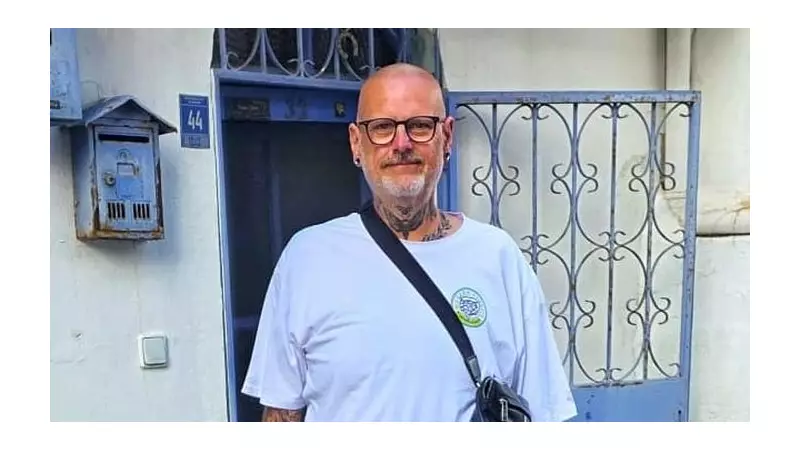
In a remarkable health transformation that defies conventional wisdom, a grandfather has discovered that his life-changing weight-loss injections are actually cheaper than his former junk food addiction. The revelation comes as millions struggle with the cost of living crisis, making his story both inspiring and financially enlightening.
The Cost Comparison That Will Surprise You
"People assume medical treatments must be expensive, but when I did the maths, I was spending more on unhealthy snacks and takeaways than I now spend on my medication," the grandfather explained. His weekly injection costs have proven more economical than his previous daily visits to convenience stores and fast-food outlets.
From Junk Food to Life-Saving Treatment
After years of struggling with his weight and associated health issues, he decided to explore medical interventions. Like many, he initially worried about the financial burden of prescription weight-loss treatments. However, the reality proved unexpectedly affordable when compared to his existing food expenditure.
The Financial Breakdown
The maths speaks volumes: while specific figures vary between individuals, the average weekly cost of frequent junk food consumption often exceeds the price of weight-management medications available through private prescriptions. This economic reality is changing how people view investment in their health.
A New Perspective on Health Spending
This grandfather's experience challenges the common perception that healthy choices are invariably more expensive. His story demonstrates that redirecting funds from harmful habits toward evidence-based medical treatments can be both health-conscious and financially savvy.
As obesity rates continue to rise across the UK, his journey offers hope and practical insight for others considering medical weight management options. The financial aspect, often a significant barrier, might be less daunting than many assume when viewed through the lens of existing spending habits.
This inspiring account proves that sometimes, the healthiest choice can also be the most economically sensible one, turning the narrative about healthcare costs on its head.





